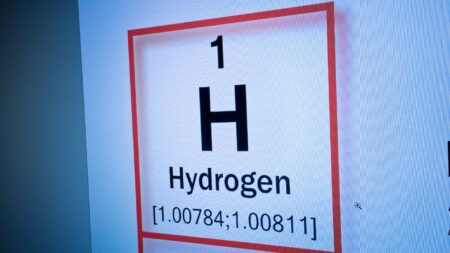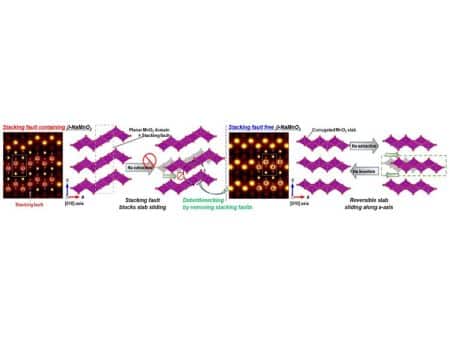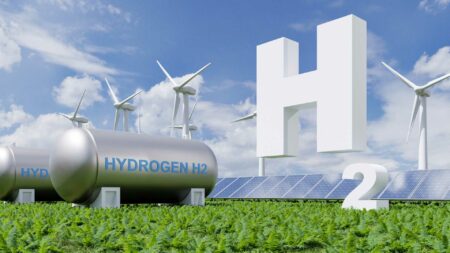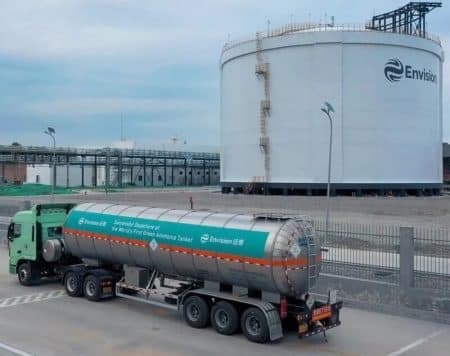Many people believe that hydrogen will be the fuel of the future. However, when it comes to its large-scale, commercial transport and storage, there are still difficulties and safety restrictions to increasing the storage efficiency of liquefied hydrogen fuel.
Now, using multiphase-thermal flow simulations, researchers from South Korea have explored the heat flows and phase shifts within a cryogenic fuel tank experimentally and computationally to disclose important insights for their safe and effective design.
Growing worries about climate change have highlighted the necessity of switching from fossil fuels to alternate energy sources. The most promising of them for the transportation sector is hydrogen fuel. At the moment, hydrogen fuel is carried in specialized tanks as high-pressure gas. But this method is dangerous and ineffective, at the same time. Researchers are increasingly considering the usage of liquified hydrogen fuel to address this issue.
Only cryogenic tanks (cryotanks), which maintain temperatures below -2530C—boiling hydrogen’s point—can transport liquefied hydrogen fuel. The liquefied fuel in a cryotank endures some evaporation despite thermal insulation. “Boil-Off Gas (BOG)” is a unit used to measure the flow rate of vaporization. An excessive BOG might cause the tank to have too much internal pressure, which can cause cracks and fissures. This makes comprehending and managing BOG a crucial aspect of cryotank design.
In order to achieve this, a research team under the direction of Professor Jong-Chun Park of Pusan National University in South Korea has looked into the relationship between BOG and another crucial design parameter known as the tank filling ratio (FR), which is the ratio of the mass of liquefied fuel in the tank to the tank’s capacity at 150C.
The results of the researchers’ trials revealed that BOG rises quadratically with FR. They also discovered that the temperature of the vapor phase declined non-linearly with FR, whilst the temperature of the liquid phase remained constant. Then, using computational fluid dynamics, the researchers simulated the tank’s multiphase-thermal flow. They were able to see the vaporization, thermal fluxes, and heat transfers inside the vacuum-insulated tank with ease as a result. Using data from experiments carried out in conjunction with Daewoo Shipbuilding & Marine Engineering Co., Ltd., the researchers validated their calculations (DSME).
The development of commercial cryotanks for liquid hydrogen could be sped up by using the multiphase-thermal modeling method employed here. This research is important for the implementation of a hydrogen-centered civilization since it has numerous uses, ranging from offshore powerplants to autos and airplanes.








